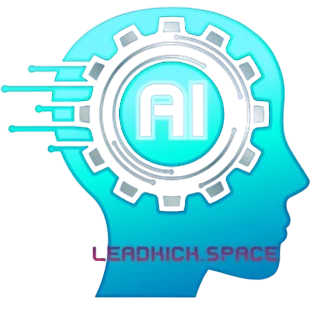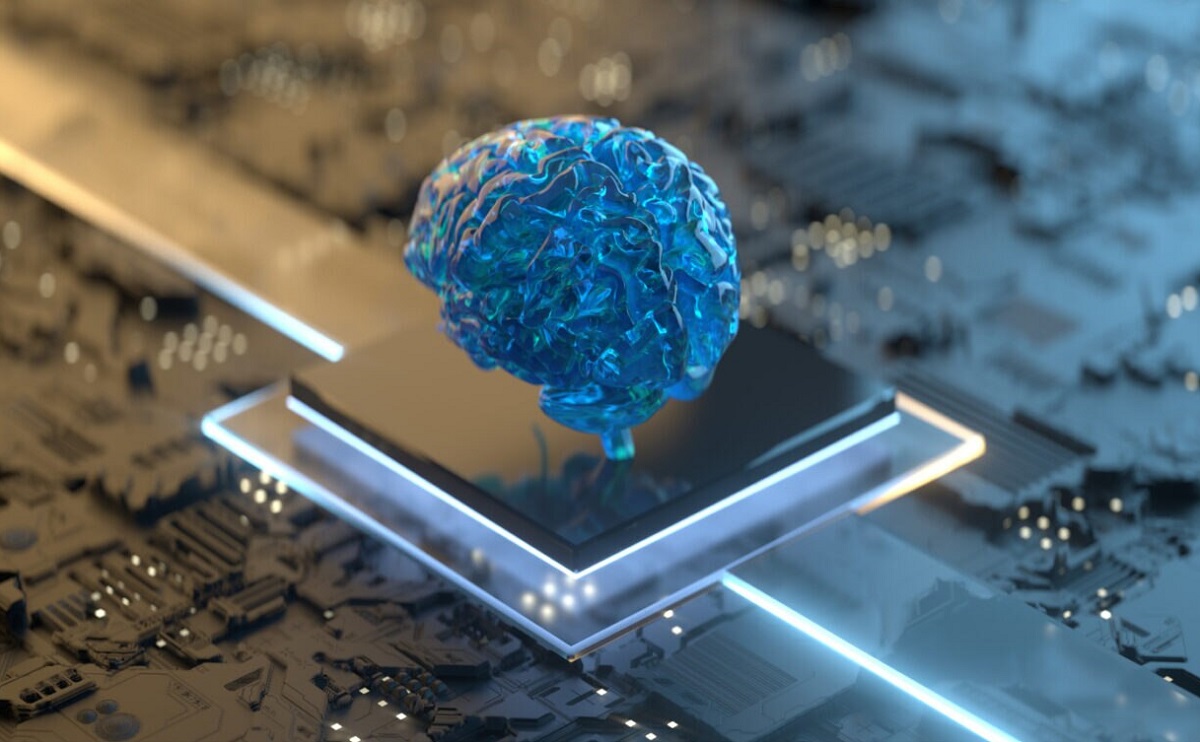AI in Healthcare: Revolutionizing Patient Care
The integration of artificial intelligence (AI) within the healthcare sector is fundamentally reshaping patient care by enabling a more personalized and efficient approach to medical services. One of the most critical applications of AI in this field is the development of advanced algorithms designed for early disease detection. These algorithms can analyze vast amounts of healthcare data rapidly, identifying patterns that may elude human practitioners. For instance, AI technologies are utilized in radiology to assess medical images with high precision, allowing for the early identification of conditions such as cancer, ultimately leading to improved treatment outcomes.
Moreover, AI-powered chatbots are transforming patient interaction by offering immediate responses to inquiries and guiding patients through their healthcare journeys. These virtual assistants can operate around the clock, providing support for common issues, reminding patients of medication schedules, and even helping schedule appointments. Such engagement not only enhances patient satisfaction but also alleviates the burden on healthcare staff, allowing them to focus more on complex patient care tasks.
Furthermore, machine learning, a subset of AI, plays a pivotal role in analyzing large datasets generated from clinical trials. This analysis empowers healthcare providers to make data-driven decisions, optimizing treatment protocols and personalizing patient care plans. For example, several hospitals have begun to implement machine learning algorithms that predict patient outcomes based on historical data, enabling proactive measures and timely interventions.
Real-world applications of AI in healthcare exemplify its transformative potential. Startups like Tempus are enhancing precision medicine through AI-driven genomic analysis, while established hospitals are adopting predictive analytics to reduce patient readmission rates. By leveraging AI technologies, the healthcare industry is on the brink of a significant evolution that promises to enhance patient outcomes and streamline operations.
AI in Agriculture: Enhancing Food Production
Artificial Intelligence (AI) has emerged as a transformative force in agriculture, significantly enhancing food production and efficiency. The integration of AI-driven technologies in the agricultural sector has paved the way for precision farming, which utilizes data analytics and machine learning algorithms to optimize various farming operations. This method ensures that resources such as water, fertilizers, and pesticides are used more effectively, leading to both increased yield and reduced environmental impact.
One of the prominent applications of AI in agriculture is crop health monitoring through drones. Equipped with advanced imaging and sensor technologies, drones enable farmers to survey large fields quickly and efficiently. They capture high-resolution images that can reveal critical information related to plant health, pest infestations, and nutrient deficiencies. By processing this data through AI algorithms, farmers can receive actionable insights, allowing them to make informed decisions regarding crop management and interventions. Such timely interventions can drastically improve crop resilience and productivity.
Furthermore, predictive analytics plays a crucial role in modern agricultural practices. By analyzing historical data on weather patterns and soil conditions, AI can forecast environmental changes that may affect crop performance. These predictions are invaluable for farmers, as they help in planning planting schedules, irrigation needs, and harvest times. Moreover, with growing populations and the increasing demand for food, the application of AI in agriculture provides solutions that can potentially mitigate food shortages, as it allows for more sustainable farming practices.
Numerous case studies highlight the successful implementation of AI technologies in agriculture. For instance, some farms have reported a significant increase in yield after adopting AI-driven irrigation systems that optimize water usage based on real-time data. Such innovations not only benefit the farmers economically but also contribute to the sustainability of agricultural practices overall.
AI in Education: Personalized Learning Experiences
The integration of artificial intelligence in education has significantly transformed the way students learn, offering tailored experiences that cater to individual needs. One of the most notable advancements is the development of adaptive learning technologies. These systems utilize AI algorithms to analyze a student’s performance in real-time, adjusting the content difficulty and pace to match their unique learning style. As a result, students can engage with material that aligns with their understanding, promoting a more effective educational experience.
Moreover, AI tutors have emerged as valuable resources in educational settings. These intelligent systems can provide instant feedback, allowing students to identify areas for improvement and reinforcing concepts as they learn. This immediate response not only boosts student confidence but also encourages a more proactive approach to learning. By utilizing conversational AI, students have access to a virtual assistant, available around the clock, which can clarify doubts and explain complex topics in an accessible manner.
Data analytics also play a crucial role in enhancing personalized learning experiences. By collecting and interpreting vast amounts of educational data, AI systems can monitor student performance closely. Educators can leverage these insights to identify trends, track progress, and refine instructional methods. This data-driven approach enables educators to provide targeted support, ensuring that no student is left behind.
However, deploying AI in education does present challenges that must be addressed. Issues surrounding data privacy are paramount, as the collection and analysis of student information must be conducted responsibly. Additionally, equitable access to technology remains a critical concern, as disparities in resources can hinder the effectiveness of AI implementations. Case studies from various schools and educational platforms illustrate both the promise and the challenges associated with AI-driven personalized learning, emphasizing the need for an inclusive approach to technology in education. By acknowledging these aspects, educational stakeholders can effectively harness AI to create enriching learning environments for all students.
AI in Art and Creativity: Redefining Creative Boundaries
The integration of artificial intelligence in the realm of art and creativity has led to a fascinating transformation in how we perceive and produce artistic works. AI tools, such as algorithms and machine learning models, are proving to be invaluable assets in generating innovative artworks, music compositions, and even literary creations. For instance, AI-generated paintings, often produced by neural networks, have begun to find their place in galleries and exhibitions, challenging traditional notions of authorship and creativity.
Music composition has also seen a significant shift with the advent of AI. Compositional tools powered by AI algorithms can analyze vast datasets of existing music to create original pieces that resonate with diverse audiences. These tools enable musicians to explore new genres and styles, allowing them to broaden their creative horizons and refine their artistic journeys. By collaborating with human creators, AI serves not just as a tool but as a partner in the creative process, forging new paths in musical expression.
In literature, writing assistants powered by AI are redefining the writing process, providing authors with suggestions, enhancing narrative flows, and even assisting in generating drafts. These AI systems can analyze language patterns, understand context, and create storylines that authors can build upon, fostering a synergistic relationship between technology and literary creativity.
The implications of AI in art extend beyond mere tool usage; they evoke deep discussions surrounding creativity, authorship, and even the future of artistic professions. As AI-generated works stimulate debates about the authenticity of art and the role of the artist, cultural reactions vary widely. Some embrace AI as a revolutionary force in creativity, while others express skepticism towards its influence on traditional art forms. Philosophical discussions continue to unfold, challenging our understanding of creativity in an age where AI coexists with human ingenuity.


No responses yet